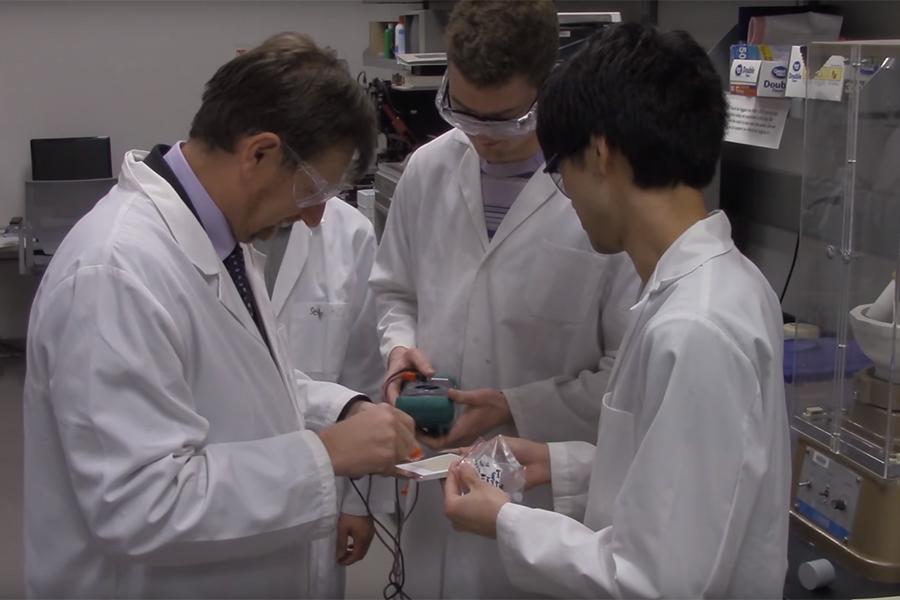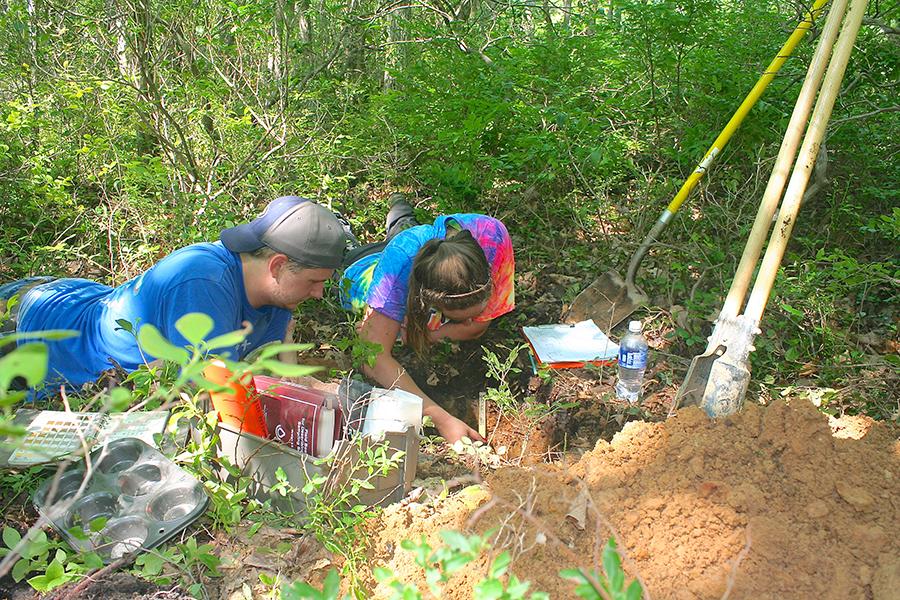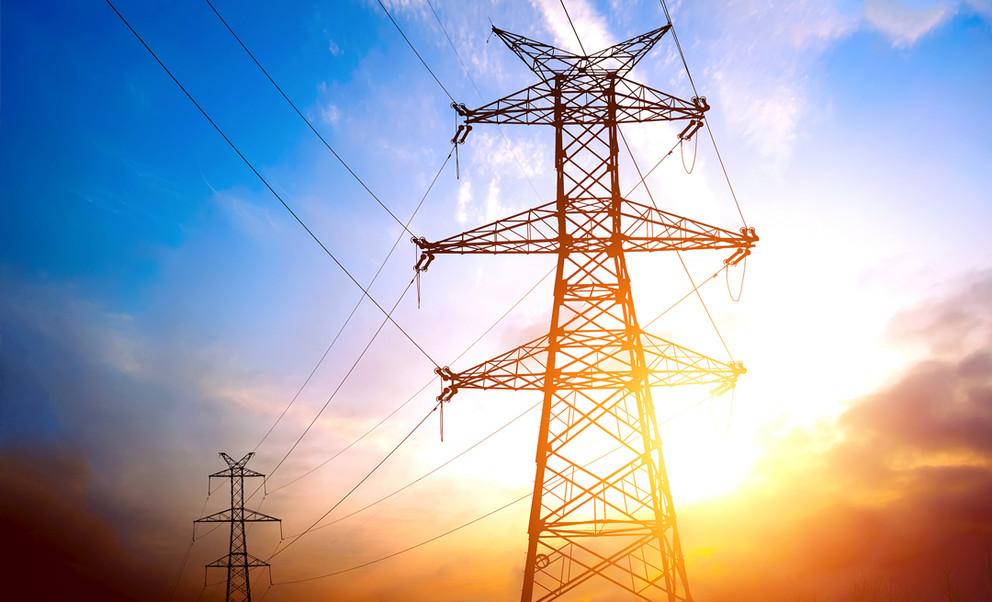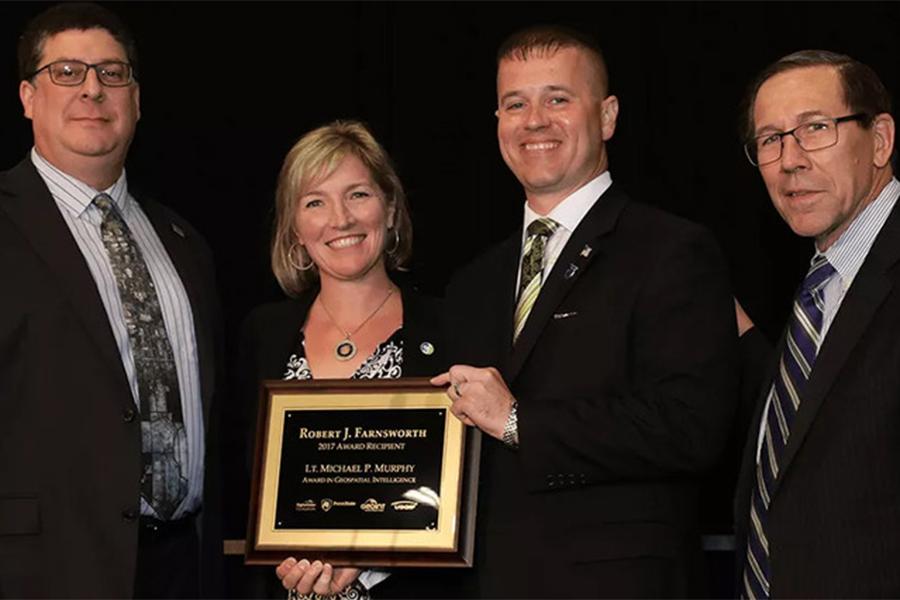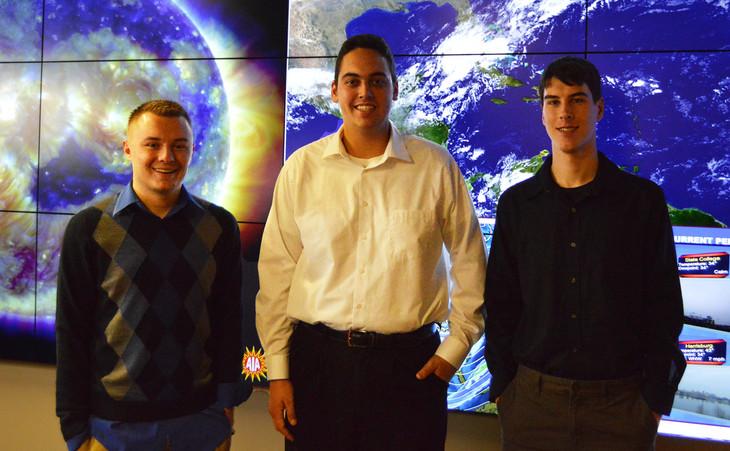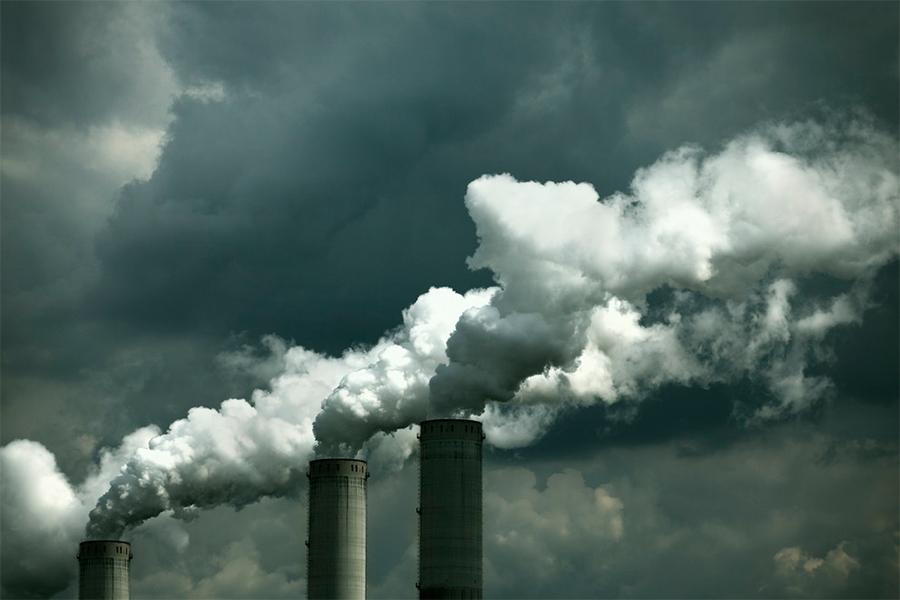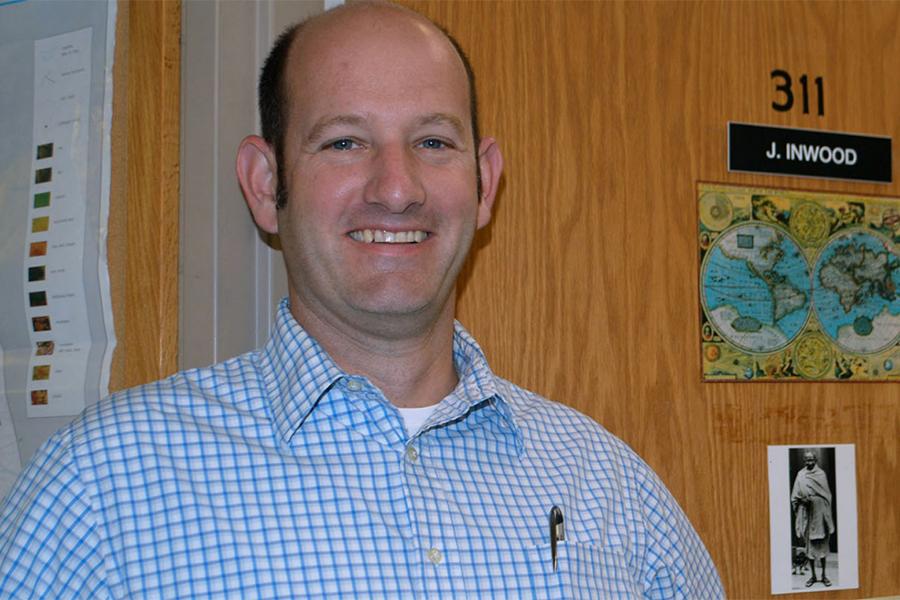Penn State researchers have developed a new method for sintering, a widely used manufacturing process for powdered materials. Using far less time and energy than the standard approach, the new method could have global implications on manufacturing and energy savings and pave the way for new discoveries.
The 2017 Institutes for Energy and the Environment (IEE) seed grants have been awarded to a pool of interdisciplinary researchers at Penn State. Thirteen grants totaling more than $312,000 have been awarded to 42 researchers that addressed four of IEE's five research themes: Climate and Ecosystem Change, Future Energy Supply, Smart Energy Systems, and Water and Biogeochemical Cycles.
Penn State researchers have received funding from the National Science Foundation to develop a system that will assist the power industry in siting new transmission lines to accommodate a broad range of possible future evolutions of the power grid.
A new, lightweight composite material for energy storage in flexible electronics, electric vehicles and aerospace applications has been experimentally shown to store energy at operating temperatures well above current commercial polymers, according to a team of Penn State scientists. This polymer-based, ultrathin material can be produced using techniques already used in industry.
Robert J. Farnsworth, a retired U.S. Army reconnaissance engineer and Penn State alumnus, was selected to receive the 2017 Lt. Michael P. Murphy Award in Geospatial Intelligence. He was honored during the 2017 United States Geospatial Intelligence Foundation (USGIF) Symposium in San Antonio on June 5.
As Penn State’s Renaissance Fund celebrates its 41st year of honoring outstanding community members and helping students in need, its board of directors has selected as its 2017 honoree Joel N. Myers, a three-time Penn State alumnus; State College resident; and the founder, president and chairman of AccuWeather Inc.
The sun is again shining on SunsetWx, a sunrise and sunset forecasting tool devised by a trio of current and former Penn State students. The Weather Channel, one of the world’s foremost providers of weather information, has partnered with SunsetWx and will feature its exclusive forecasting methodology on two of the network’s popular shows, AMHQ and Weather Underground.
While most climate scientists, including the Intergovernmental Panel on Climate Change, implicitly define "pre-industrial" to be in the late 1800's, a true non-industrially influenced baseline is probably further in the past, according to an international team of researchers who are concerned because it affects the available carbon budget for meeting the 2 degrees Celsius (3.6 degrees Fahrenheit) warming limit agreed to in the Paris Conference of 2015.
Predicting the weather is a challenge, but predicting who will win the national WxChallenge isn’t nearly as hard. Penn State’s WxChallenge team continues to dominate the 20-week weather forecasting competition, recently earning its sixth straight top finish.
During the civil rights movement, activist groups such as the Student Nonviolent Coordinating Committee (SNCC) used geography and geospatial intelligence to identify protest sites and to plan civil rights protests. A new $373,000 National Science Foundation grant is letting researchers dig into those geospatial tactics to see what can be learned about patterns of racial inequality and how the SNCC collected and leveraged geospatial intelligence data to bolster its activist efforts.


